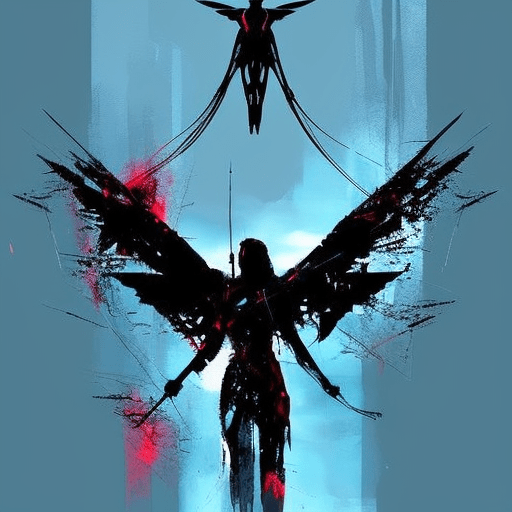One-line Summary:
Mockingjay is the thrilling conclusion to Suzanne Collins’ Hunger Games trilogy, where Katniss Everdeen becomes the symbol of rebellion against the oppressive Capitol.
The Rebellion Begins
Mockingjay picks up where Catching Fire left off, with Katniss Everdeen being rescued from the Quarter Quell arena and taken to District 13, the underground headquarters of the rebellion against the Capitol. The rebellion, led by President Alma Coin, wants Katniss to become the Mockingjay, the symbol of hope and defiance against the Capitol’s tyranny. Reluctantly, Katniss agrees to take on this role, but she struggles with the weight of responsibility and the trauma she has endured.
The Cost of War
As the rebellion gains momentum, Katniss witnesses the horrors of war firsthand. She sees the destruction caused by the Capitol’s bombings and the loss of innocent lives. The lines between right and wrong blur as she realizes that both sides are capable of cruelty and manipulation. Katniss becomes increasingly disillusioned with the rebellion’s tactics, particularly when she discovers that District 13 has been using her as a propaganda tool. She questions whether the end justifies the means and whether the rebellion is truly fighting for a better future.
The Final Showdown
As the rebellion prepares for a full-scale assault on the Capitol, Katniss becomes determined to assassinate President Snow, the ruthless leader of Panem. Alongside her closest allies, including Gale, Peeta, and Finnick, she infiltrates the Capitol and faces numerous challenges and betrayals. The city is a treacherous maze of traps and dangers, designed to test their resolve and loyalty. Katniss must confront her own demons and make difficult choices that will determine the fate of Panem.
Throughout Mockingjay, Suzanne Collins explores themes of power, propaganda, and the consequences of war. The book delves into the complexities of rebellion and the moral dilemmas faced by those involved. It highlights the human cost of conflict and the manipulation of truth for political gain. The characters, especially Katniss, undergo significant growth and transformation, grappling with their own identities and the roles they play in the larger narrative.
Key takeaways from Mockingjay include:
- The destructive nature of war and the toll it takes on individuals and societies.
- The power of symbols and propaganda in shaping public opinion.
- The importance of questioning authority and not blindly following leaders.
- The complexities of morality and the gray areas between right and wrong.
- The resilience of the human spirit in the face of adversity.
As the final book in the Hunger Games trilogy, Mockingjay delivers a powerful and thought-provoking conclusion. It explores the consequences of rebellion and the sacrifices made in the pursuit of freedom. The story is filled with suspense, action, and emotional moments that keep readers engaged until the very end.
In the words of Katniss Everdeen herself, “Fire is catching, and if we burn, you burn with us.” This quote encapsulates the spirit of resistance and defiance that defines Mockingjay. It serves as a reminder that even in the darkest times, there is always hope and the potential for change.












